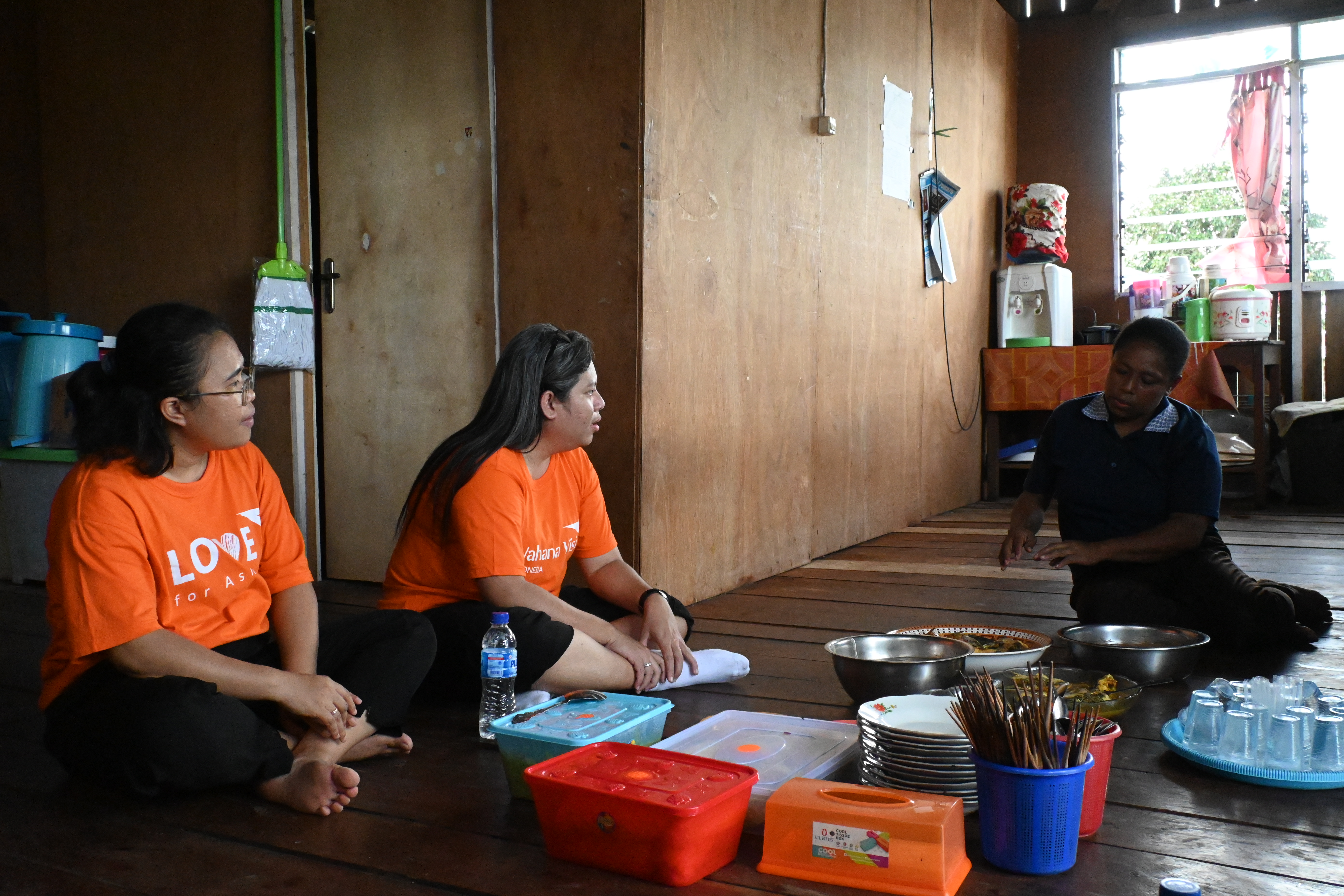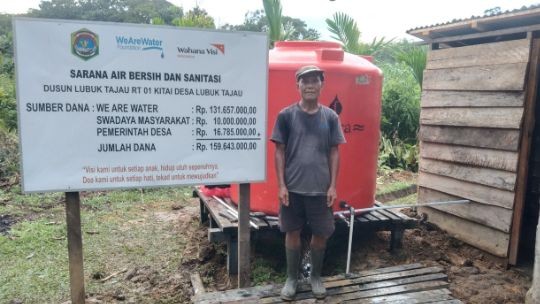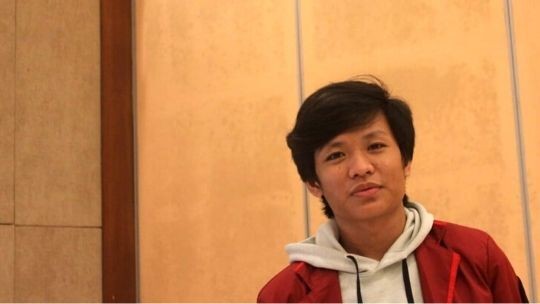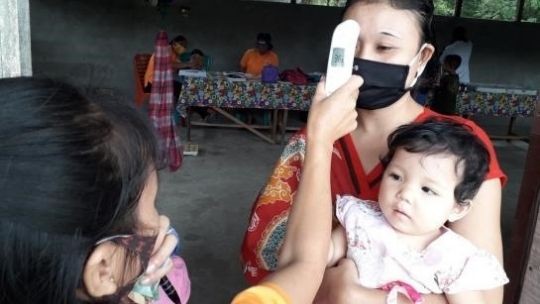More Joy over Sorrow

"Living to work and make an impact is more important. By working in a nonprofit organization, I can constantly upgrade myself, in terms of upgraded character and knowledge," said Sabtarina Dwi Febriyanti (41).
The woman born in Ponorogo - East Java, is familiarly called Rina. She grew up in Ponorogo, then continued her undergraduate studies at the Faculty of Law, Airlangga University, Surabaya. Since 2022 until now, Rina has worked as the Papua Zonal General Manager at Wahana Visi Indonesia (WVI). Before WVI, Rina worked at a private company in Surabaya for five years. "My first job was in the legal and human resources department, which was in line with my major in college," she said.
After five years of working, Rina remembers how much she enjoyed doing Community Service Program (KKN) in one of the villages on the border of Surabaya and Gresik. "At that time, my friends and I were asked to help repair roads in one of the villages. I was also confused about how to pave the road. We did everything we could, and when I saw the changes in the village, I was thrilled," he said, "I wanted to do work that had an impact, that could make children happy. A job that gives me satisfaction,".
Rina's wish came true. A close friend of Rina's provided information on job vacancies at WVI. So at the end of 2009, Rina applied for the Management Trainee program. Over six months, Rina became acquainted with WVI, and has remained together until 13 years later. After graduating from the Management Trainee program, Rina held a position as a Development Facilitator in the operational office in Sigi District, Central Sulawesi. Just as she was beginning her work as a humanitarian worker, sorrow struck.
"I've never had an accident in my life, but how come when I was just about to start this job, I got into a motorcycle accident," she said. Rina recounted that the accident happened when she had to drive from the village to Palu to visit the house of a school principal. "I wanted to talk to the principal about the challenges in his school. I wanted to talk to the principal about the challenges in his school so that the children can have a better education, but I ended up in an accident," he said.
Working in the humanitarian field does come with its risks. Personal safety is an essential issue for humanitarian workers. But are these risks worth the rewards? "Some time ago, I was informed that some of the children who live in the villages I assisted have graduated from college. Some have become teachers, and the great thing is that they want to go back to their villages," says Rina, the joy on her face impossible to hide. For people in vulnerable conditions, pursuing education until college graduation is a big challenge, but that doesn't mean it's unattainable. The children in the assisted village where Rina used to work managed to prove that they could bring their village out of vulnerable conditions. This motivation stems from the children's experience of being introduced to community development programs by figures like Rina.
"Now I can say that my accident paid off. The pain is not worth the joy. When I hear these children want to return to the village to teach, I feel delighted and proud. They can already think that their village must develop, and if they don't start, who will?".
The profession of humanitarian workers feels more like work than work. The world of nonprofit organizations is a place for each worker to think that each person's life can positively impact others.





